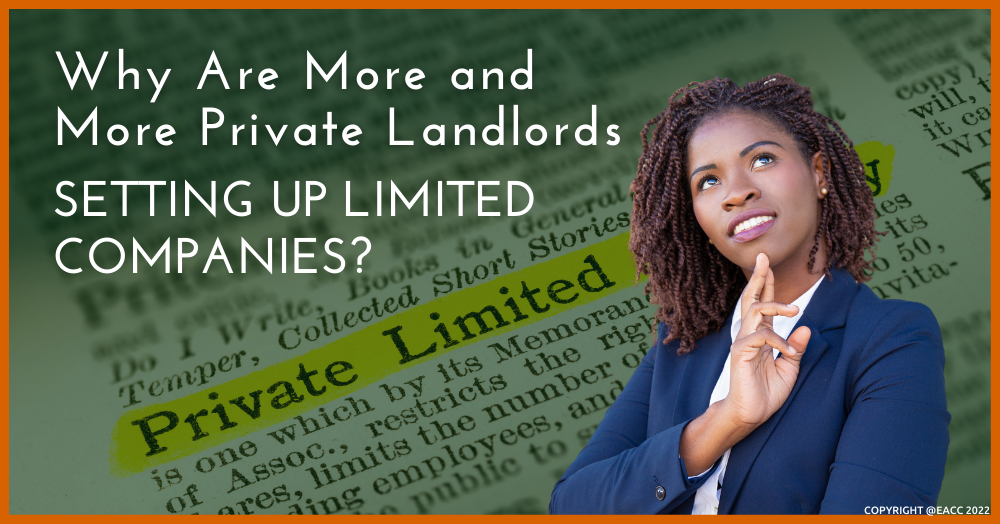

Get in touch with us
'Video Watch' - Individual 4-Bedroom Det House with Dbl Garage on Plot of Approx. Quarter of an Acre
An impressive individual 4-bedroom detached family home, situated in a non estate position on a plot of approx. a quarter of an acre plot and ideal for the centre of town, with a super south-facing rear garden, generous parking, a double garage and great potential to create the home of your dreams.
A modern two-bedroom end terrace house located in a pleasant non estate cul-de-sac position, offering an airy open-plan lounge/diner, sleek fitted kitchen, bright interiors, and an enclosed garden with summer house. Energy-efficient features and stylish finishes create an inviting contemporary home.
An exceptional five-bedroom detached chalet house in a prime non-estate village location. Offering versatile accommodation, elegant interiors, and a private garden ideal for entertaining and family life. Immaculately presented and ready to enjoy, with excellent local amenities nearby, "A Must View".
With plans announced to raise the council tax surcharge on higher-value homes, this snapshot looks at how many £2m-plus properties have actually sold across the UK this year. The data shows a highly concentrated market, dominated by London, and reveals just how small this sector is nationally despite the noise around a “mansion tax.”